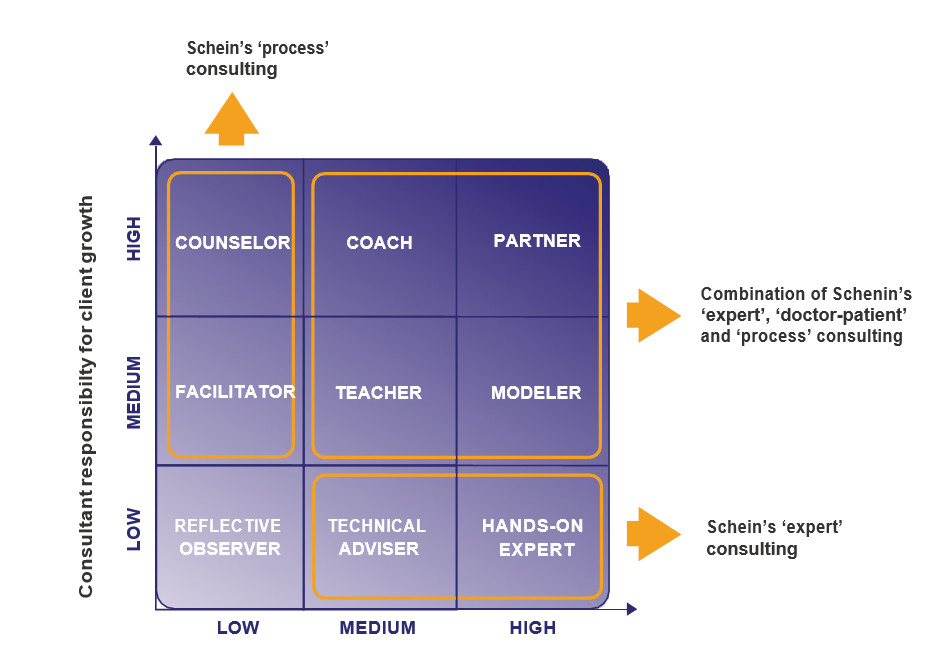
It is the practice and art of ensuring that client operations comply with environmental regulations. This is also known as compliance consulting. It plays a crucial role in the field. A wide range of technical certifications are required for environmental consultants. This type of consulting is essential to ensuring that a company operates according to the laws and regulations governing the environment.
Job description
As a qualified environmental consultant, you must have a thorough understanding of environmental regulations and engineering principles. Additionally, you will need to be able and able to communicate well across cultures. This is a challenging career that requires frequent travel. Most environmental consultants work as an individual, although some may work for larger companies to help build their reputation. Environmental consultants are able to charge higher fees if they have a solid reputation in the field.
Many environmental consultants are also proficient in computer-aided design and geographic information systems. These technologies can help them analyze data and pollution sources and determine mitigation measures. They must be able to read and write reports, collect data, and conduct surveys.

Education required
A certificate, master's or bachelor's degree is all that is required to work in environmental consulting. A degree in any of the sciences is required to be a consultant in environmental consulting. However, some consultants may prefer to specialize in a particular area. Some environmental consultants may choose to be specialists in ecology, conservation, and geology.
For many projects, environmental consultants work closely with engineers and professionals. This requires excellent communication skills. They must also be able work with other professionals. Environmental consultants should also be able to manage projects and keep track of client files.
Salary
Environmental consultants have a range of job titles. They collaborate with clients both in their offices and out in the field to resolve environmental problems. They may have to conduct field studies and analyze scientific data, and they must also be able to communicate their findings to clients effectively. It is necessary for environmental consultants to have an extensive scientific understanding of both natural elements and manmade materials. They may also have to be familiar with human anatomy and biology.
Salary for environmental consulting positions can vary widely, depending on the location, industry, and local conditions. In Texas, for example, the average annual salary for environmental consultants is $88,903. The highest-paid environmental professionals earn more than $94,000 per year, while those with the lowest salaries earn as low as $72,000 per year.

Work experience
You will need to have a range of skills in order to be successful as an environmental consultant. These include scientific data analysis, writing, and research. In addition, this field requires a strong understanding of public policy. Strong communication and leadership skills are required for graduates who choose this career. Internships are a great way to gain practical experience and improve your skills. Environmental consulting companies may consist of large firms or smaller firms that specialize in a particular service or industry. Many government agencies can also do this type of work and help clients understand what their obligations are under environmental laws.
A bachelor's degree in environment science or another related field is required for graduates. They also need to have at minimum one to three year's relevant work experience. They must be able to work independently and handle a variety of tasks without close supervision. They also need to be knowledgeable about safety and health practices.
FAQ
How do you get clients for your consultancy business?
It is important to identify an area of passion. It could be anything from social media to public relations, but there must be something you feel strongly about. You might have to start small, such as by finding niche markets like web design. Once you have identified the niche, be sure to fully understand its characteristics. What problems does the solution solve? Why should people use them? And most importantly, how can you help them?
You can also try approaching businesses directly - perhaps they need someone who understands SEO or content creation, or maybe they just want to know where to go for advice on social media strategy.
If all else fails, why not offer your services at free events like networking evenings and conferences? You will meet potential customers and be able show your skills without having to spend money advertising.
Are you a qualified consultant?
Learning a lot about a subject and then applying it to your life is the best way to be an expert.
If you are interested in becoming a great advisor, then start learning now!
Employers may be reluctant to hire people with a degree, but not the relevant experience. You could still apply if you are able to show that you have the same subject knowledge as the people who were hired.
Employers will always be attracted to candidates who are able to apply their real-world skills.
How did modern consultancy come about?
Accounting professionals were the first to become consultants. They helped companies manage their finances. They were known as "accounting consults" because they are highly skilled in the management of financial information. This role quickly expanded to include human resource management.
The French word "to advise" is the origin of the term "consultant". It was first used by businessmen to refer to someone who could give advice about how to run an organisation. In fact, most business owners today still use the word consultant when referring to any kind of professional advisor.
Which industries employ consultants
There are many different types of consultants. There are many types of consultants. Some specialize in one type of business, while others can handle multiple areas.
While some consultants only work for private companies, others represent large corporations.
Some consultants can also help businesses all around the globe.
Do I need legal advice?
Yes! Yes. Many consultants will create contracts for clients without seeking legal advice. This can lead to issues down the road. What happens if the client cancels the agreement prior to the consultant's completion? Or what happens if a consultant fails to meet the deadlines in the contract?
Avoid any legal issues by speaking with a lawyer.
How do I choose the right consultant?
There are three major factors you should consider:
-
Experience - How experienced is the consultant? Is she an expert, beginner, intermediate or advanced consultant? Does her resume reflect the knowledge and skills she has?
-
Education - What did this person study in school? Did he/she continue to take relevant courses after graduation? Is there evidence that he/she learned from the writing style?
-
Personality – Do we like this person/person? Would you want this person to work for you?
-
These questions can help you determine whether the consultant is right for your needs. If you don't have clear answers, it may be worth meeting with the candidate for an interview.
Can consulting be considered a real job?
Consulting is more than a job that allows you to quickly make money.
There are many opportunities for consulting, including project management, strategy, training and leadership. There are many projects you could be involved in, from small start-ups all the way up to large-scale multinational corporations.
Consulting provides you with the opportunity to develop and hone your skills, as well as gain experience within a range of industries. This could include learning how to manage teams, write proposals, manage budgets and analyze data.
Statistics
- According to IBISWorld, revenues in the consulting industry will exceed $261 billion in 2020. (nerdwallet.com)
- WHY choose me: Why your ideal client should choose you (ex: 10 years of experience and 6-week program has helped over 20 clients boost their sales by an average of 33% in 6 months). (consultingsuccess.com)
- "From there, I told them my rates were going up 25%, this is the new hourly rate, and every single one of them said 'done, fine.' (nerdwallet.com)
- Over 50% of consultants get their first consulting client through a referral from their network. (consultingsuccess.com)
- My 10 years of experience and 6-step program have helped over 20 clients boost their sales by an average of 33% in 6 months. (consultingsuccess.com)
External Links
How To
What's a typical day like for a Consultant?
Each type of work will dictate the day's pace. However, the majority of your day will consist of research and planning, meeting clients and preparing reports.
You'll often have meetings with clients where you can discuss issues and solve problems. These meetings can take place over the phone, via email, online, or face to face.
You may also be asked to prepare proposals, which are documents outlining your ideas and plans for clients. You will need to discuss these proposals with a mentor or colleague before you present them to clients.
After all the preparation and planning, it's time to actually create some content. You might be creating articles, videos, editing photos, writing interviews, or designing websites.
Depending on your project's scope, it may be necessary to do research to get relevant statistics. For instance, you might want to find out how many people you have and if they are buying more than just one product or service.
Once you have gathered enough information, it's time to present your findings to clients. You can either present your findings in writing or orally.
After your initial consultation, you should follow up with your clients. For example, you might call them periodically to see how things are going or send emails asking them to confirm that they received your proposal.
Although this process can take time, it is important to stay focused and build good relationships with your clients.